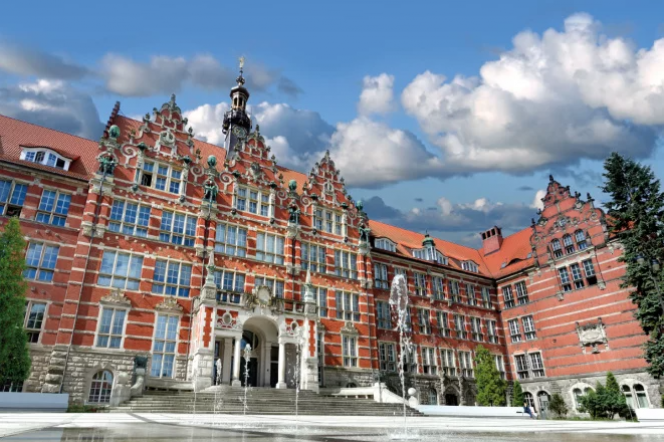Data dodania: 2022-02-15
Seminarium Wydziału Matematyki, Fizyki i Informatyki UG

SEMINARIUM ZOSTAŁO ODWOŁANE.
WYDZIAŁ FIZYKI TECHNICZNEJ I MATEMATYKI STOSOWANEJ POLITECHNIKI GDAŃSKIEJ
zaprasza na SEMINARIUM
WYDZIAŁU MATEMATYKI, FIZYKI I INFORMATYKI UNIWERSYTETU GDAŃSKIEGO,
które odbędzie się 18 lutego (piątek) o godz. 12:15 w formie online poprzez aplikację Zoom.
dr Sergii Strelchuk - Department of Applied Mathematics and Theoretical Physics, University of Cambridge
wygłosi wykład p.t."Speeding up Learning Quantum States with the help of Group Equivariant Convolutional Quantum Ansätze”
Abstrakt:
In this talk, I will discuss one of the key properties which are responsible for the unreasonable success of classical convolutional neural networks – equivariance. It states that if the input to the neural network is shifted, then its activations translate accordingly. Developing the corresponding notion for discrete representational spaces used to describe finite-dimensional quantum systems is challenging. We generalize this notion by introducing a new framework for Sn-equivariant quantum convolutional circuits, building on and significantly generalizing Permutational Quantum Computing (PQC) formalism.
We demonstrate how to effectively apply the celebrated Okounkov-Vershik's representation theory in machine learning and quantum physics : (1) we show how to gain a super-exponential speedup in computing the matrix elements of Sn-Fourier coefficients compared to the best known classical Fast Fourier Transform (FFT) over the symmetric group. (2) we prove that Sn Convolutional Quantum Ansätze are dense, thus expressible within each Sn-irrep block, which may serve as a universal model for potential future quantum machine learning and optimization applications. (3) we get a new proof (which is of distinctly representation-theoretic flavour) of the universality of the Quantum Approximate Optimization Algorithm. (4) our framework can be naturally applied to a wide array of problems with global SU(d) (for any integer d) symmetry. (5) We show that our ansätze are highly effective numerically by providing numerical solutions to the problem of the sign structure of the ground state of the J1-J2 antiferromagnetic Heisenberg model on the rectangular and Kagome lattices.
Link do seminarium: https://zoom.us/j/94361414308?pwd=cC8xaTNBd290Rzk1TUgrZzZhcWczUT09
Meeting ID: 943 6141 4308
Passcode: 78pA05
-
2026-02-04
Rozpocznij studia II stopnia na WFTIMS!
-
2026-01-28
Hackathon społeczny Idea2Impact
-
2026-01-08
Konkurs Qemetica Industrial Challenge



